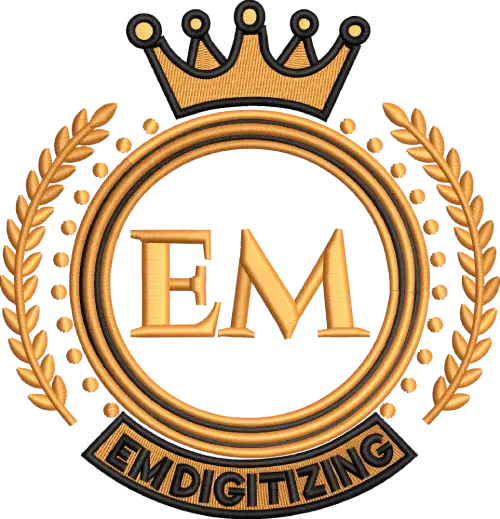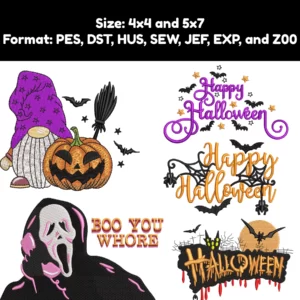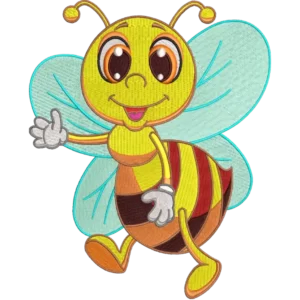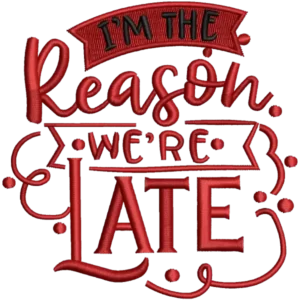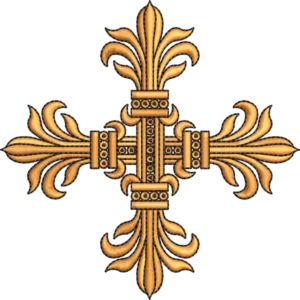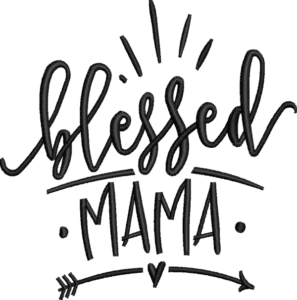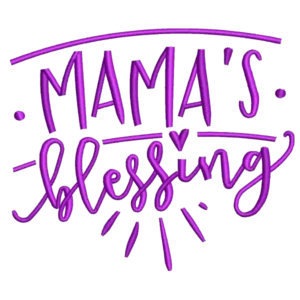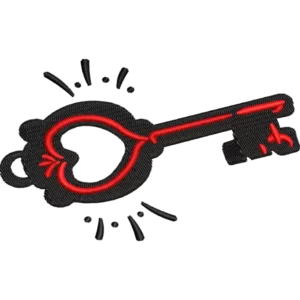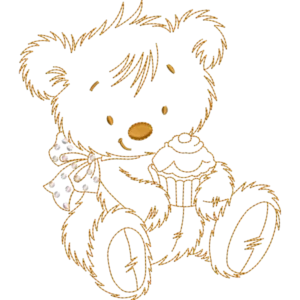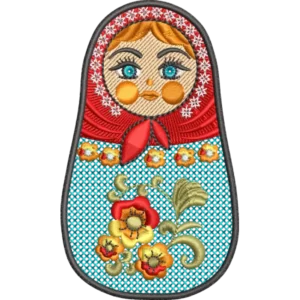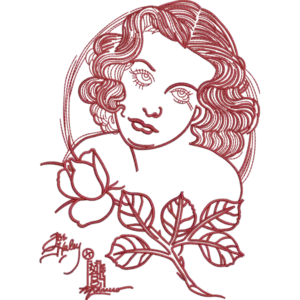Mejor hilo de bordar, Elegir hilo dental de alta calidad
Embroidery is a timeless craft that allows individuals to express their creativity and create stunning works of art. One crucial factor in achieving exceptional embroidery results is the choice of embroidery thread. With numerous options available in the market, it can be overwhelming to determine the best embroidery thread for your projects. En este articulo, we will explore the world of embroidery thread, highlighting top embroidery thread brands, different types of threads, and essential considerations for selecting best embroidery floss.
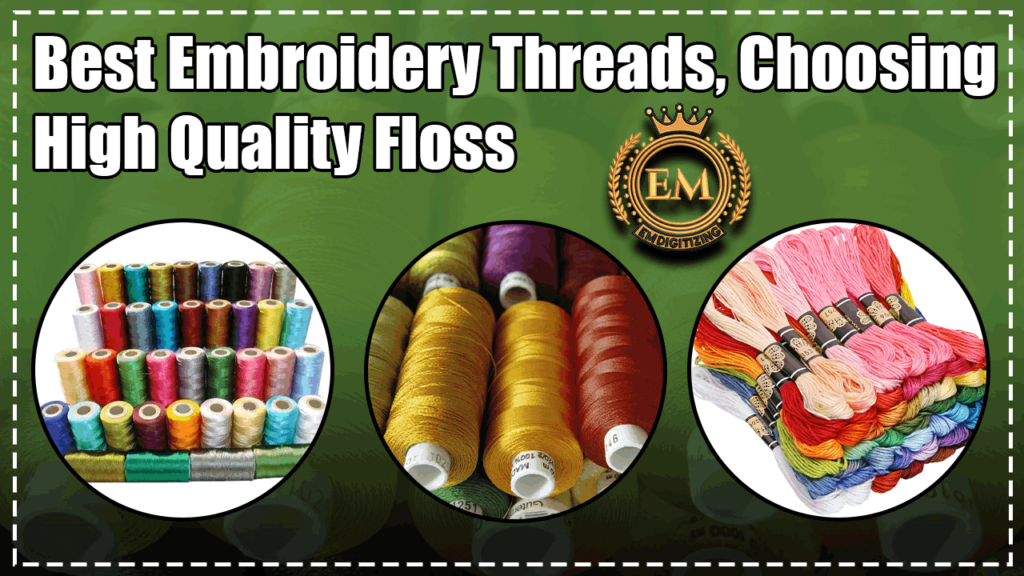
Mejor hilo de bordar, Elegir hilo dental de alta calidad
Understanding Embroidery Thread:
Embroidery thread is a special type of thread specifically designed for use in embroidery projects. It is different from regular sewing thread due to its unique characteristics that make it suitable for decorative stitching. Here are some key aspects to understand about embroidery thread:
Composition:
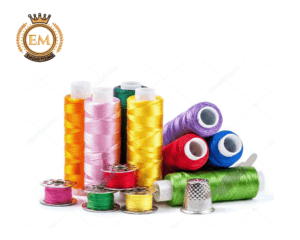
Embroidery thread can be made from various materials, including embroidery cotton thread, seda artificial, poliéster, seda, and metallic fibers. Each material offers different qualities in terms of appearance, fortaleza, brillo, and durability.
Thickness:
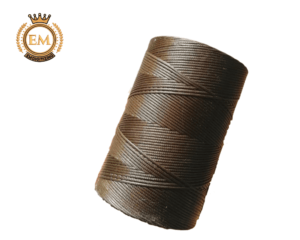
Embroidery threads come in different thicknesses, often referred to as hilo weight or ply. The thickness can range from very fine (such as 60-weight) to thicker (such as 12-weight). Thinner threads are suitable for delicate and intricate designs, while thicker threads create bolder and more textured stitches.
Strand Count:
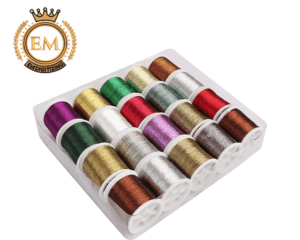
Embroidery threads are usually composed of multiple strands twisted together. The most common options are 2-ply and 6-ply threads. A 2-ply thread consists of two strands twisted together, while a 6-ply thread comprises six strands twisted together. The number of strands used can be adjusted to achieve the desired thickness and coverage in the embroidery design
Color Variety:
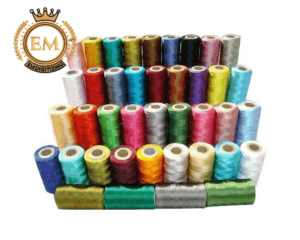
Embroidery thread comes in a wide range of colors, allowing embroiderers to choose from a vast palette to match their design requirements. Some brands offer extensive color collections, including solid colors, variegated threads that change colors along the length, and specialty threads with metallic or glow-in-the-dark effects.
Specialty Threads:
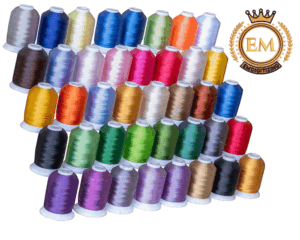
In addition to regular solid-colored threads, there are specialty embroidery threads available in the market. These include metallic threads for adding shimmer and shine, glow-in-the-dark threads for creating unique effects, and variegated threads that create interesting color transitions in the stitching.
Thread Strength and Durability:
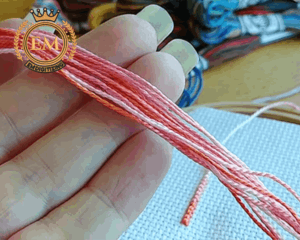
Embroidery threads are designed to withstand the stress of stitching and maintain their integrity over time. High-quality threads have good tensile strength and are resistant to breaking or fraying during embroidery work. This ensures the longevity of the embroidery and prevents unraveling or damage.
It’;s important to select the right embroidery thread for your project based on the desired aesthetic, the type of fabric you are working with, and the intended use of the finished embroidery. Experimenting with different thread types, colores, and techniques can open up a world of creative possibilities in your embroidery work.
Top Embroidery Thread Brands:
When it comes to choosing embroidery thread, there are several top brands known for their quality and performance. Here are some of the top embroidery thread brands favored by embroiderers:
DMC Embroidery Threads:
Embroidery Thread DMC is a well-established brand with a long history of producing high-quality embroidery threads. They offer a wide range of colors in both cotton and satin finishes, known for their excellent colorfastness and durability.
Anchor:
Anchor is another popular brand known for its extensive color range and quality threads. They provide a variety of embroidery thread options, incluido el algodón, metálico, and variegated threads, suitable for different embroidery techniques.
Madeira:
Madeira is a reputable brand that offers premium embroidery threads, including rayon, poliéster, and metallic options. Their threads are known for their vibrant colors, excellent sheen, and strength, haciéndolos adecuados para una amplia gama de proyectos de bordado.
Aurófilo:
Aurifil is a renowned brand among quilters and embroiderers. They specialize in producing high-quality cotton threads that are strong, liso, and lint-free. Their threads are favored for their versatility and ability to create precise and detailed stitches.
Malhumorado:
Sulky is a brand known for its wide range of embroidery threads, including rayon, poliéster, and metallic options. They offer an extensive color palette and have threads suitable for both machine and hand embroidery.
Factors to Consider when Choosing Embroidery Thread:
When choosing best machine embroidery thread for your projects, there are several factors to consider to ensure the best results. Here are some important factors to consider to keep in mind:
Fiber Content:
Embroidery thread is available in various fiber options such as cotton, poliéster, seda artificial, seda, and metallic. Each fiber has its own characteristics, so consider the desired look, sentir, and durability of your embroidery when selecting the thread’;s fiber content.
Thread Weight:
Thread weight refers to the thickness of the thread. The weight is usually indicated by a number, with higher numbers representing finer threads. Thicker threads are ideal for bold and prominent embroidery, while finer threads are suitable for delicate and intricate diseños.
Colorfastness:
It’;s important to choose embroidery thread that is colorfast, meaning it retains its color even after washing or exposure to light. Look for threads that are labeled as colorfast or have been tested for colorfastness to ensure that your embroidery stays vibrant over time.
Strength and Durability:
Consider the strength and durability of the thread, especially if you’;re working on projects that require frequent washing or heavy use. Threads with a strong tensile strength and resistance to fraying will ensure that your embroidery stands the test of time.
Compatibility with Machine or Hand Embroidery:
If you’;re using an embroidery machine, make sure to choose threads that are compatible with your machine’;especificaciones. Some machines work best with certain thread types or weights. For hand embroidery, consider threads that are easy to handle and glide smoothly through the fabric.
Available Colors:
Check the color range available in the thread brand or collection you’;re considering. Having a wide selection of colors allows you to match your diseño de bordado accurately or have more options for creative color combinations.
Budget:
Consider your budget when choosing best embroidery machine thread. Different brands and types of thread vary in price, so determine what fits within your budget without compromising on quality.
By considering these factors, you can select the right embroidery thread that suits your specific project requirements and achieves the desired outcome.
Tips for Using Embroidery Thread:
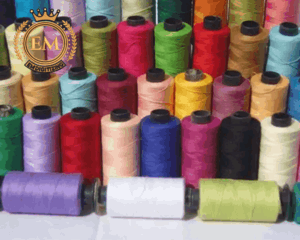
When working with embroidery quality threads, it’;s essential to follow some tips to ensure smooth stitching and optimal results. Here are some helpful tips for using best threads:
Thread Selection:
Choose the appropriate thread weight and fiber content for your project. Thicker threads work well for bold designs, while finer threads are suitable for intricate details. Consider the fabric type and design complexity when selecting the thread.
Preparación del hilo:
Before using the thread, unwind it completely from the spool to remove any kinks or twists. You can also run the thread through a thread conditioner or wax to reduce tangling and improve stitchability.
Needle Size:
Use the right needle size for your thread. A needle that is too small can cause the thread to shred or break, while a needle that is too large may create larger holes in the fabric. Refer to the thread manufacturer’;s recommendations for needle size guidance.
Tension Adjustment:
Proper tension is crucial for even and balanced stitching. Adjust the tension settings on your embroidery machine or adjust your hand embroidery technique to achieve the desired stitch appearance. Test on a scrap fabric before starting your actual project.
Bobbin Thread:
Use a matching or complementary color thread for your bobbin to ensure the back of your embroidery looks neat and professional. Wind the bobbin evenly and avoid overfilling it to prevent tension issues.
Recorte de hilo:
Trim excess thread tails after completing each section or color change to avoid tangling and create a clean finish. Leave a tail of approximately 3-4 inches for securing and later securing or weaving in the ends.
Storage and Organization:
Keep your embroidery threads neatly organized and protected from dust and sunlight. Use thread organizers, bobinas, or storage boxes to keep them tangle-free and easily accessible.
Experiment and Practice:
Take the time to experiment with different stitches, thread combinations, and techniques to enhance your embroidery skills. Practice on scrap fabric or embroidery samplers to refine your technique and achieve the desired effects.
Siguiendo estos consejos, you can make the most of your embroidery thread and enjoy a smooth and enjoyable stitching experience. feliz bordado!
Conclusión:
Choosing the best embroidery thread is essential for achieving exceptional results in your embroidery projects. By considering factors such as thread quality, reputación de la marca, fiber type, and color selection, you can elevate your embroidery creations to new heights. Recuerda experimentar, explore different brands, and trust your creative instincts when selecting embroidery thread. With the right thread, your embroidery journey will be filled with endless possibilities and stunning works of art.
Si desea personalizar la digitalización del logotipo del bordado, EM DIGITIZING será tu mejor opción. A DIGITALIZACIÓN EM, entregamos el mejor logotipo de bordado servicios de digitalización con la mejor calidad. Ofrecemos 50% de descuento en todos nuestros servicios a nuestros clientes potenciales en su primer pedido. Asi que, obtenga una cotización gratis ahora y nos pondremos en contacto con usted.
Espero que este artículo sea útil para ustedes.!
Si hay alguna pregunta relacionada con este artículo, no dude en comentarnos.. Y, gracias por leer!
The type of thread commonly used for embroidery is typically a special embroidery thread made of cotton or rayon, known for its strength, brillo, y colores vibrantes.
2 ply of embroidery thread refers to the thickness of the thread. It means that two strands of thread are twisted together, providing a slightly thicker appearance and adding dimension to the embroidery work.
Sí, embroidery thread is different from regular sewing thread. It is specifically designed for embroidery projects, offering more durability, colorfastness, and a smoother finish to enhance the intricate details of the embroidery designs.
Thick thread used for embroidery is often referred to as “;heavy weight”; or “;thick thread.”; It is commonly used for bold and textured diseños de bordado, adding depth and visual impact to the finished piece.
Sí, cotton thread can be used for embroidery. It is a popular choice among embroiderers due to its versatility, availability in a wide range of colors, and ability to create a traditional and natural look in the embroidery work.
